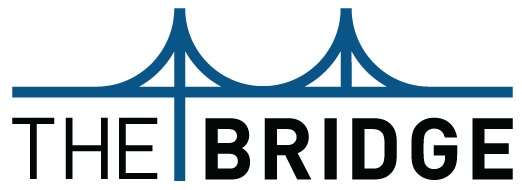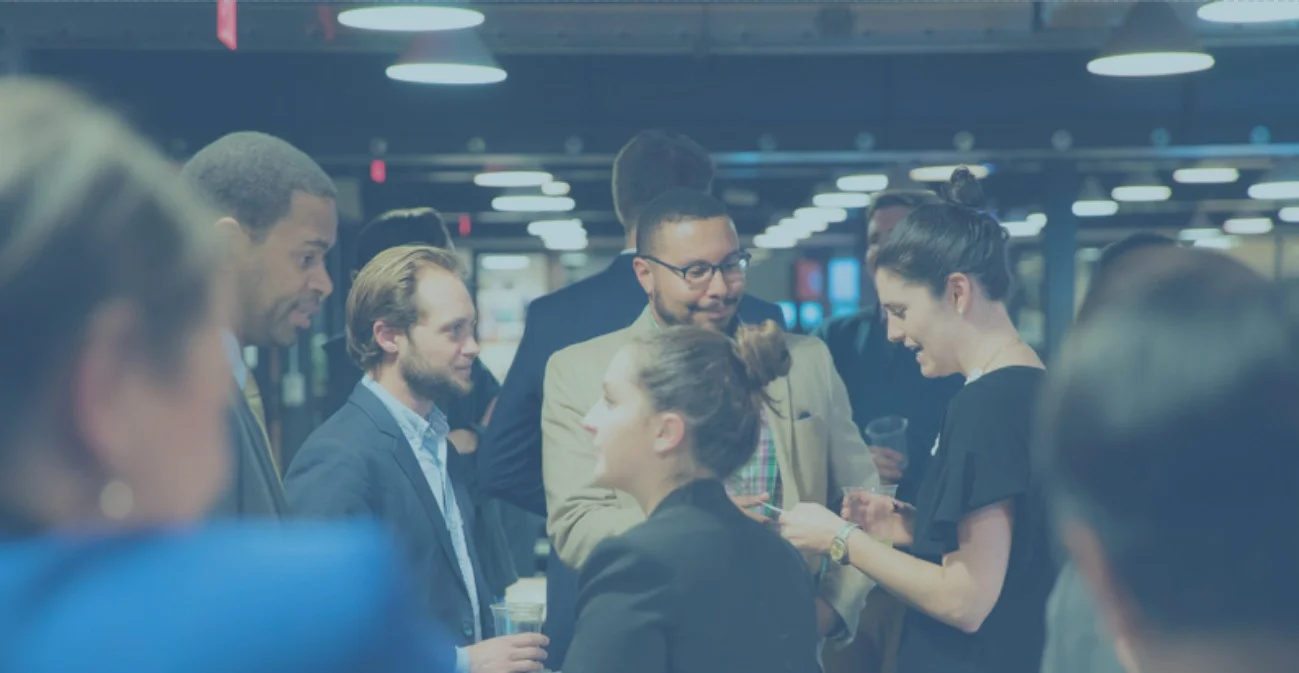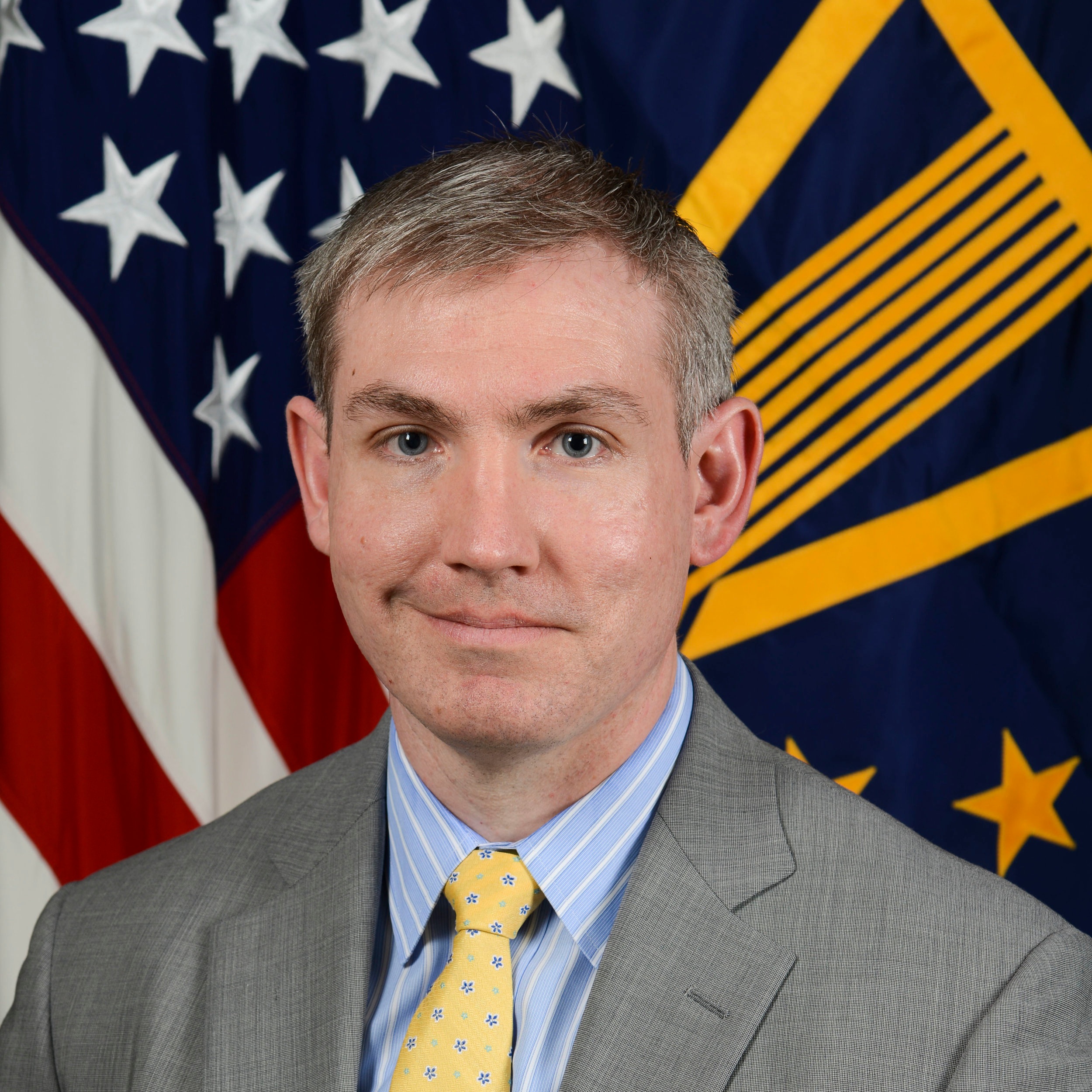TheBridge profile: Morgan Plummer
Name: Morgan Plummer
Current city: Arlington, VA
Current job: Managing Director, National Security Innovation Network (US Department of Defense)
Past job: Senior Advisor, Office of the Under Secretary of Defense for Personnel and Readiness
Q. Favorite spot for a coffee meeting? Commonwealth Joe
Q. Describe how a skill you learned in a previous job helped you in your current job. Self-reflection and introspection is a critical skill for any leader. It's good to be confident; it's better to be grounded. As an Army officer, I received a lot of 365 degree feedback that helped me think critically about my own actions and words and evaluate whether I was living into the leadership style that I wanted to practice. This encouraged a certain sense of self-reflection that (I think) has helped keep me pretty self-actualized about my strengths and weaknesses.
Q. Job advice in three words? Practice Greater Empathy.
Q. How are you (or your company, org, nonprofit) currently bridging the gap between innovation and regulation? The National Security Innovation Network (NSIN) is a U.S. Department of Defense organization that's dedicated to building communities of innovators that generate new solutions to national security problems. Our thesis is that greater intellectual diversity leads to better problem-solving and by reaching into talent pools in the early-stage venture and academic communities and combining great talent and minds with DoD end users, we can develop technical solutions for DoD that are faster, better, and cheaper than the traditional way of doing business. We're establishing 10 hub cities throughout the country that are augmented by partnerships with more than 29 universities; in each of those we'll have a physical presence that can help bridge the cultural gap between the talent pools we're looking to access and the DoD's most complex problems.
Q. What can innovators learn from policymakers? Structure and discipline don't need to be the enemies of innovation. I think there's this meme out there of the "wild-eyed innovator" that is dangerous. Fundamentally, most innovation methodologies are permutations of the scientific method combined with deep empathy for end users. Innovation for innovation's will usually translate into frenetic activity rather than actual progress. Some of the structure and purpose that policy makers bring to the table can be helpful in focusing innovation activity to produce impact.
Q. What can policymakers learn from innovators? Risk is inherent in innovation; creating an environment that accepts risk is fundamentally about culture. A lot of my experience comes from the Department of Defense, which does not have a particularly high organizational tolerance for risk. Policy makers have a tendency to look at private sector innovation and ask, "why can't we do that?", without thinking through the attendant environmental factors that help encourage innovation within the private sector. Instead of looking at the outputs, policy makers should learn from the environments that produce innovation and encourage a certain archetype of person that's prone to experiment.
Q. Favorite book/podcast/long-form article you recommend? Right now, it's Daniel Coyle's "The Culture Code". It applies to building teams and organizations, irrespective of mission or space.
Q: What's the one piece of advice you're still trying to master? When I was a young commander in the Army, one of my bosses told me to truly develop and build my organization, that I should "only do the things that only you can do". It's hard to let go sometimes, and even harder to build an environment that encourages excellence and learning simultaneously. I sometimes fall into the trap of thinking, "it will be more efficient for me to do this myself", but that only solves the immediate problem rather than thinking about how to empower my teammates.
Q: Most underrated quality in an employee? Intellectual curiosity. I think there's a balance to strike between wanting to help improve the organization constantly and needing to get work done. Someone who is intellectually curious enough to ask the right questions without letting it impeded work is someone to hold onto!
Q: If you had to live in another city, which would it be? Probably Chicago, IL. I'm a Mid-Westerner at heart and grew up in the Chicago suburbs. I've still got a strong network there and miss the changing of the seasons and my friends and family. Plus, let's face it, Chicago is one of the great American cities!
Q: Morning Routine? I get up each morning between 4:30am-5:05am and head immediately to the gym (thankfully, I've got one in my building). By 6:30am, I'm on the news feeds and catching up on what's happened in the world around me. After breakfast (my favorite meal of the day!), I'm usually off to the office and at my desk by 8am for my first meeting or phone call.
Click below to join TheBridge community and, among other resources, receive our bi-weekly updates with featured profiles.


